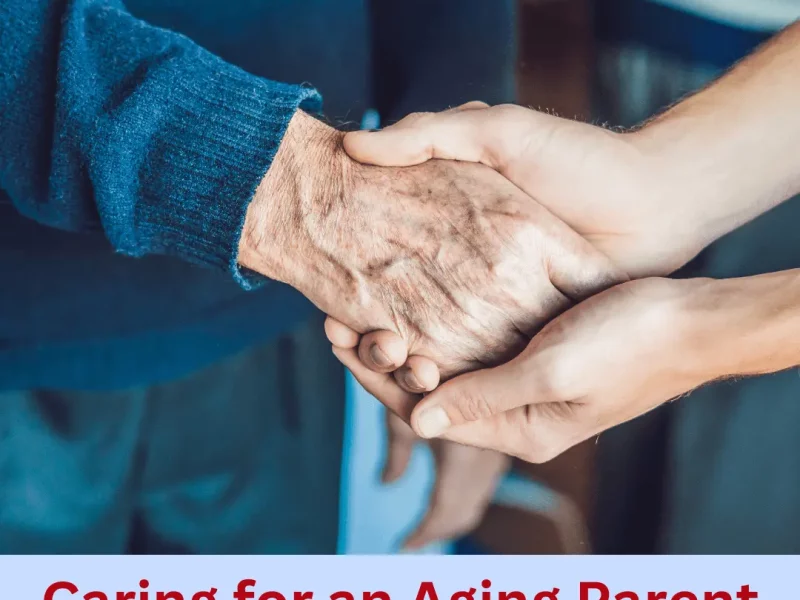Understanding your rights and the legal process is crucial when facing criminal charges. This guide will walk you through the key aspects of criminal defense, helping you make informed decisions during a challenging time.
The Basics of Criminal Law
Criminal law deals with offenses against society as a whole. Unlike civil cases between individuals, criminal cases are brought by the government against a person accused of breaking the law.
Types of Crimes
Crimes are generally categorized as:
- Felonies: Serious offenses punishable by imprisonment for more than one year
- Misdemeanors: Less serious offenses typically punishable by fines or jail time of less than one year
- Infractions: Minor violations usually punishable by fines
Your Rights When Accused of a Crime
The U.S. Constitution provides several important rights to those accused of crimes:
- The right to remain silent
- The right to an attorney
- Protection against unreasonable searches and seizures
- The right to a speedy and public trial
- The right to confront witnesses
Understanding and exercising these rights can significantly impact the outcome of your case.
While these rights are fundamental, the circumstances surrounding an encounter with law enforcement can quickly become complex, leading to additional charges. For instance, actions perceived as non-compliance or flight during an arrest attempt can result in serious legal consequences. Understanding the nuances of such situations is vital, as even an attempt at evading arrest in Fort Worth can escalate a misdemeanor into a felony, especially if certain factors are present. Navigating these specific charges requires a deep understanding of criminal law and a robust defense strategy.
The Importance of Legal Representation
Having skilled criminal defense attorneys on your side can make a substantial difference in the outcome of your case. They can:
- Analyze the evidence against you
- Identify weaknesses in the prosecution’s case
- Negotiate with prosecutors for reduced charges or sentences
- Represent you effectively in court
The Criminal Justice Process
Understanding the steps in the criminal justice process can help you prepare for what’s ahead:
- Arrest
- Booking
- Arraignment
- Plea bargaining
- Pre-trial motions
- Trial
- Sentencing (if convicted)
- Appeals (if applicable)
Common Defense Strategies
Experienced criminal defense lawyers use various strategies to protect their clients’ rights and achieve the best possible outcomes. Some common approaches include:
Challenging Evidence
Lawyers may argue that evidence was obtained illegally or is unreliable, potentially leading to its exclusion from trial.
Establishing Alibis
Providing proof that the accused was elsewhere when the crime occurred can be a powerful defense.
Self-Defense Claims
In cases involving violence, lawyers may argue that the accused acted in self-defense or defense of others.
Mistaken Identity
This strategy involves proving that the accused has been wrongly identified as the perpetrator.
Plea Bargains: Pros and Cons
Many criminal cases are resolved through plea bargains. This involves the defendant pleading guilty to a lesser charge in exchange for a more lenient sentence. While plea bargains can offer benefits, they also have drawbacks:
| Pros | Cons |
| Reduced charges | Giving up the right to trial |
| Lighter sentences | Potential impact on future opportunities |
| Faster resolution | Possible innocent people pleading guilty |
| Less stress and uncertainty | Limited ability to appeal |
Preparing for Trial
If your case goes to trial, thorough preparation is key. This may involve:
- Reviewing evidence with your lawyer
- Preparing to testify (if advised to do so)
- Discussing potential witness testimony
- Understanding courtroom procedures
The Role of Forensic Evidence
Forensic evidence plays an increasingly important role in criminal cases. This can include:
- DNA analysis
- Fingerprint matching
- Ballistics testing
- Digital forensics
Understanding the strengths and limitations of forensic evidence is crucial for both the prosecution and defense.
Sentencing and Appeals
If convicted, the sentencing phase follows. Factors that may influence sentencing include:
- The nature and severity of the crime
- The defendant’s criminal history
- Mitigating circumstances
- Victim impact statements
After sentencing, defendants may be able to appeal their conviction or sentence. Appeals are based on legal errors during the trial process, not a re-evaluation of the evidence.
Rehabilitation and Reentry
For those convicted of crimes, rehabilitation programs and reentry services can be crucial for successful reintegration into society. These may include:
- Substance abuse treatment
- Job training and placement assistance
- Mental health services
- Housing support
Protecting Your Rights and Future
Facing criminal charges can be overwhelming, but understanding the process and your rights is the first step in protecting your future. By working closely with experienced legal professionals and actively participating in your defense, you can navigate the complex legal system more effectively and work towards the best possible outcome for your case.




